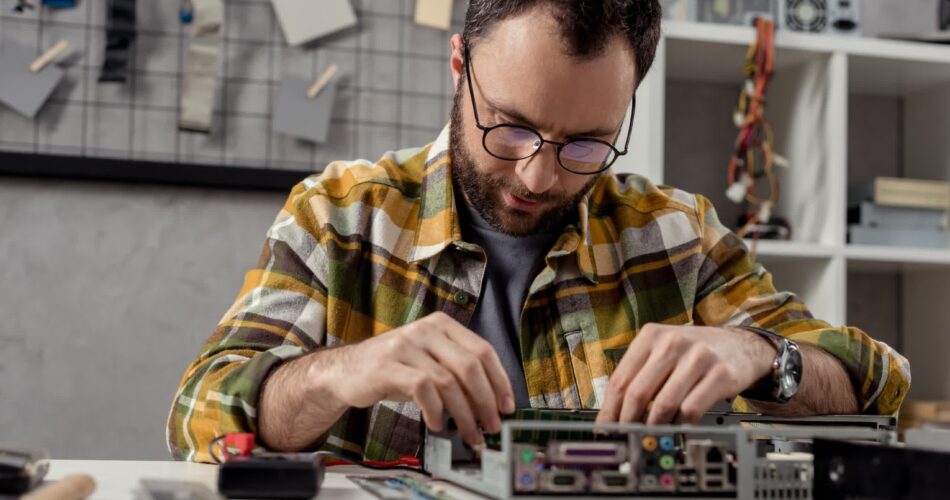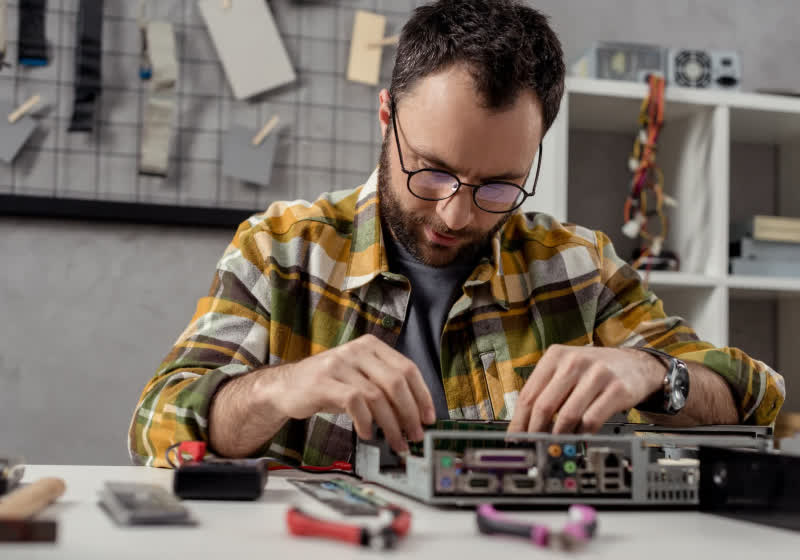A hot potato: The right-to-repair movement has had a long and arduous journey. Consumers and advocacy groups have lobbied for legislation to give equipment owners an avenue for repairs other than the high-priced options from OEMs. However, manufacturers have spent just as much or more time and money in opposition to proposed bills, and the first to finally make it into law didn’t get through unscathed.
This week, New York became the first state to sign a right-to-repair (R2R) bill into law. State legislators passed the Digital Fair Repair Act (DFRA) with strong bipartisan support in June. Newly elected governor Kathy Hochul had until midnight on December 28 to either veto, sign, or let the bill pass without signing.
As of April 2021, 27 US states had bills banning companies in various sectors from restricting consumer equipment repair. Governor Hochul’s approval marks the first of those states to pass a law in favor of the R2R movement. However, some proponents were disappointed that the legislation received changes in the eleventh hour.
Among the controversial last-minute amendments was the application of the law to devices manufactured after July 1, 2023 — the date the DFRA goes into effect. So companies will not have to provide parts, tools, or manuals for currently owned equipment. Additionally, the law will not apply to devices sold to enterprise customers or the government.
New: Gov. Hochul has signed the “right to repair” law — with the Legislature agreeing to a number of changes, as outlined in her approval message. pic.twitter.com/GUBExlj5BD
— Jon Campbell (@JonCampbellNY) December 29, 2022
Manufacturers will also not be required to provide tools for circumventing security protocols, even to users who have legitimately locked themselves out of their devices. While some R2R activists take offense to this addendum, it makes sense that companies protect their customers by not creating ways to break security. Otherwise they will end up dealing with a whole other set of activists and government officials.
Right-to-repair activist Louis Rossmann went on a caffeine-fueled rant on his YouTube channel about how Hochul “sabotaged” the bill he had spent seven years of his life trying to get through.
“The right-to-repair bill that I’ve spent seven years of my life trying to get passed in my home state got f***ed,” said Rossmann. “And it’s funny; it got f***ed in the exact manner that I thought it would… Because it getting passed without being tainted or screwed with would actually be good for society, and that’s not something that [the] New York state government is going to allow to happen.”
Other R2R proponents, such as iFixit, were pleased with the law’s passage and heralded it as an “unprecedented” move in the right direction that other states should follow.
“This is a huge victory for consumers and a major step forward for the right to repair movement,” said iFixit CEO Kyle Wiens. “New York has set a precedent for other states to follow, and I hope to see more states passing similar legislation in the near future.”
Wiens acknowledged that the last-minute changes did weaken the language and create loopholes manufacturers could exploit in certain circumstances. Otherwise, the repair advocate thinks that the law is something other states can use as an example and build on while closing those loopholes.
Image credit: Alla Serebrina




